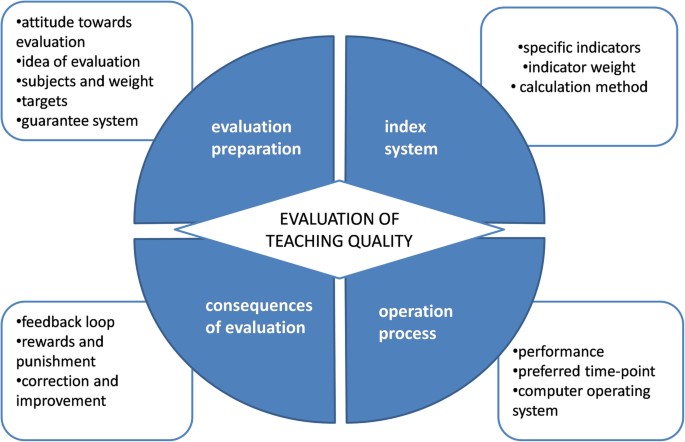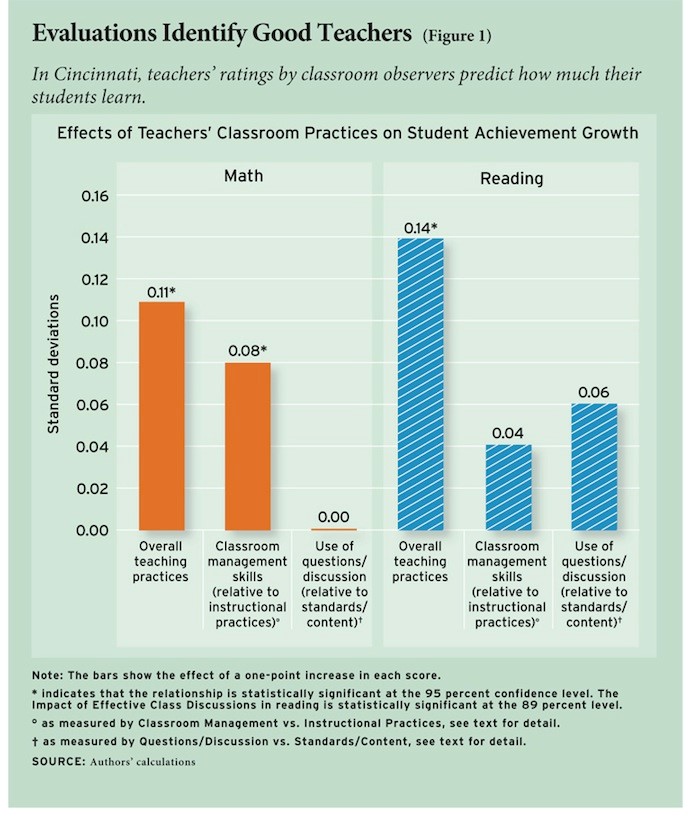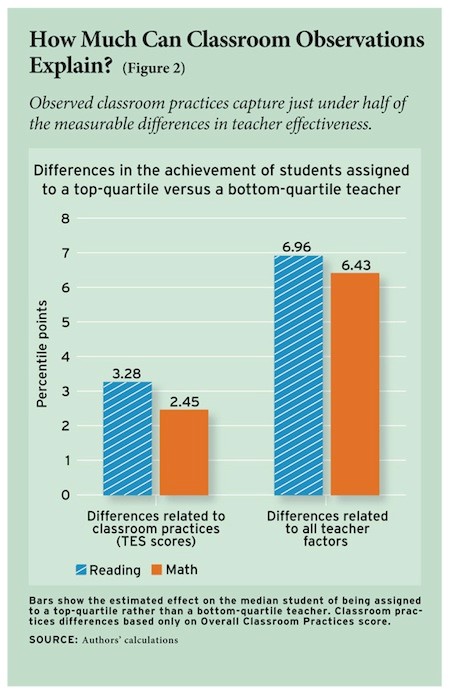Evaluation methodologies when designed well offer a clear insight to the management and administrators of whether or not your organization is achieving its goal and objectives. However, before executing you need to understand what teacher evaluation is, define types of evaluation methodologies and develop strategies.
Thus, if you are finding yourself in a fix, let us help you out. Tune in for some delightful enlightenment.
What Is Teacher Evaluation?
Teacher evaluation is a standardized procedure of assessing and rating the teaching effectiveness of instructors. These evaluations aim at promoting a better learning experience for the learners and fostering professional and personal growth for the educators. It covers the conceptualization methodologies and the approach that will be required to understand the extent of the assessment.
Purpose And Importance Of Evaluation Of Teaching
Teacher evaluation acts as an opportunity for genuine professional learning. They are often organized around the clearly accepted and established standards of practice and hence allow the teachers to reflect on their teaching methodologies to promote learning.

Teaching evaluation has several purposes that include:
- Collecting responses and advice to improve teaching effectiveness and efficiency
- Gather data for making personnel decisions
- Appraisal or reappointment of the teachers
Since teacher evaluation is strictly student-focused and is related to the classroom performance of a teacher, here are evaluations to help educators:
- It helps them to align their goals with the institution's vision and mission
- Enables them to engage in professional learning programs fostering growth and development
- Skill upgradation along with education improvements
- Allows to monitor students better while fostering effective learning
- Self-reflections and self-evaluations for personal growth
Methods Of Teacher Evaluation
Here are some methods you can use to evaluate your teachers’ productivity:
- Students’ Rating
This is by far the easiest and most effective way to evaluate teachers. This is because students are teachers' beneficiaries and have a direct connection with them and hence must be aware of what their teacher is teaching them.

Source: educationnext.org
This process is generally anonymous and involves distributing feedback forms of conducting surveys where students can give their views and opinions about the teacher. They can write the good points and areas of improvement that need to be targeted.
- Outcome Assessment
This approach involves the process of proving that teachers are obtaining their learning objectives. It enables the management and administrators to determine the students learning so far. This information is used to know that a learner has successfully mastered the course content.
This method also hints at the improvement areas in terms of course content, instruction methodologies, or the structure of the curriculum. Additionally, institutions and faculty can use this analysis to demonstrate to accreditation bodies, students, parents, legislators, etc that a particular study program is competent in producing successful graduates.
- Student Learning Measurement
When it comes to measuring students' learning several factors come into play rather than just teacher competence. Moreover, several reasons can affect a learner's examination result. This includes interest, skills, prior knowledge, and the ability to retain information.

Source: educationnext.org
While evaluating teachers one of the components that often gets missed is student effort. There is only so much that even the best teachers can do when it comes to motivating and pushing students to perform better. Thus, at the end of the day, it is students’ academic responsibility to make the teacher’s efforts fruitful and raise themselves up the dirt.
Step-By-Step Guide To Evaluate Teachers
Here are five recommended steps to evaluate your teachers successfully:
- Be A Correct Evaluator
The most essential part of an evaluation framework is the evaluator itself. Thus, while evaluating make accurate, unbiased, and consistent judgments based on the provided learning evidence.
- Engage Teachers
Successful learning is an outcome of collaborative effort. Thus while evaluating make sure that all the teachers are involved actively in the process of improving their practices. Additionally, discuss the importance of the evaluation program and conduct training to help them understand the process better rather than criticizing them.
- Go Beyond Observation
As an effective evaluator, you should be able to gauge what a student is learning rather than just focusing on what the teacher is teaching. Take notes on how students interact with the teacher or how is their body language and state of mind when a particular teacher walks into the room.
- Reflect Alongside The Teacher
Post-conference allot some time to sit with the teachers individually to understand their points of view. Listen attentively and encourage self-evaluation to help the educators analyze their strengths and weaknesses and prepare them for future accreditations and promotions. Furthermore, acknowledge educators when a job is done well and appreciate their eagerness to improve.
- Share The Best Practices
As a good evaluator, you should be a great mentor. Offer teacher ratings and highlight some points for discussion. Be honest while offering feedback and help them understand the challenges while giving them ways to overcome those obstacles.
The Final Takeaway
Teacher evaluation can be conducted in several ways but you just need to figure out the most prominent and effective one for your staff and enhance learning outcomes. Moreover, you can consider pursuing a Post Graduate Diploma in Educational Leadership to ensure that teaching evaluation is a continuous process and that every teacher should actively take part and improve themselves.
Leave a comment!









